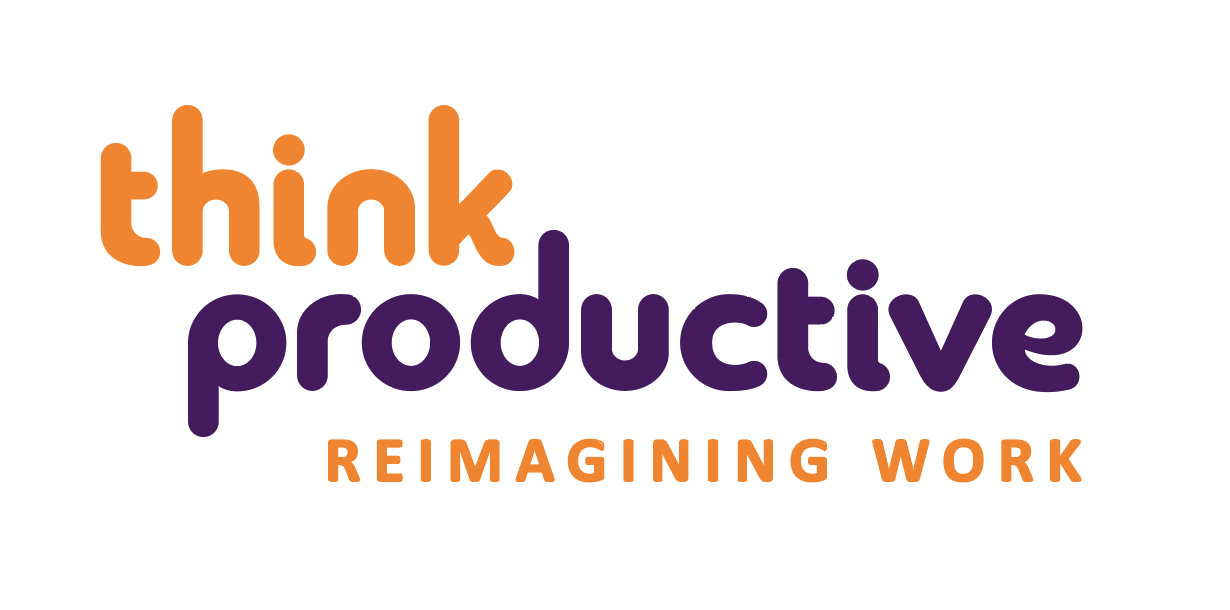From mastering email etiquette to holding effective meetings, the ability to communicate affects productivity, success and the ability to achieve larger company goals and visions. Since a lack of communication is one of the most significant complaints that employees have against their employers, it’s imperative for businesses to become successful communicators in order to beat out competition and become leaders in their industries.
Whether you’re working in upper management or starting on your first day, equipping yourself with the right communication tools and skills will make you a more impressive leader, team member and contributor to the company. Get started on your path to effective communication with help from these tips.
And take a moment to check out more of our productivity advice to help teams and their leaders become productivity ninjas.
Encourage cross-departmental conversations

Even if you know how to perform your own job well, a solid understanding of other departments and the company as a whole is needed for adequate communications when participating in projects or problems that span outside of your skillset. In fact, this article by HBR argues that horizontal, or interdisciplinary, interactions among personnel is crucial to creating products that your customers want and is an essential piece of the global communication and innovation puzzle.
So what are some simple solutions?
Company-wide assemblies are an ideal environment for presenting big-picture goals and achievements. These meetings could include an internal quarterly review, a universal training program such as a productivity seminar or HR sessions on new employee benefits or tools. Highlighting different departments and talents is also a great platform for team members to practice their meeting facilitation skills.
Depending on the requirements of each position, open floor office spaces or lounge areas are another solution to facilitate natural and diverse conversations between members of the company. As an additional benefit, providing these spaces for employees has been known to bolster communication regardless of each person’s hierarchy in the company while encouraging creativity and production during work hours.
Harness the power of communication technology

While business technology has rapidly changed the business landscape and made work more productive for many, using the wrong or ineffective communication technology can actually contribute to confusion and wasted time instead of reducing it. We all know the headaches, mistakes and inaccuracy that come along with technical difficulties, confusing features and poorly constructed user-interfaces.
Since many if not all businesses rely on communication through phone lines, Voice over IP can result in more efficient dialogue management between both internal staff and customers, leaving your team members with more time to actually focus on their work. This communication tool, equipped with call center management and call-routing capabilities, also gives your team the ability to make on-the-fly calls through tablets or cellphones while away from their desks.
Project management software is another powerful tool designed to streamline communication and enhance your team’s output. With many services offering project planning for deadlines and important dates, team collaboration and time tracking and internal reporting, these tools ensure that you and your teammates stay on the same page during every step of your process. Online tutorials, resources and eCourses on our Productivity Ninja Academy provide a great foundation when learning how to master these tools and become more productive while using them.
Learn how to effectively email
Emailing with a tone that is both amicable and concise without appearing unprofessional or curt is an essential skill when perfecting your business email etiquette. Relatively recent studies have revealed that 93% of the methods we use to communicate are nonverbal, so it’s unsurprising that so many of our work-related emails are misinterpreted. Avoid the delays in your workday that come with reexplaining your emails by checking for these common mistakes:
- Think about the established relationship you already have with the recipient. How might that specific individual react to what you’re sending?
- See if your language is too brief or too fluffed up, as both can be sources of confusion.
- Double check who you’ve decided to CC or BCC in the email. Carbon copying higher ups or others in particularly private emails can embarrass the receiver or be read as passive aggressive.
- Cut out overused punctuation, especially exclamation marks. Chances are you either use them too much (and risk appearing unprofessional) or not enough (and might come across as upset).
Additionally, it’s important to remember that not one tone or voice will be the most effective method of communication when you’re emailing, depending on the person with whom you are in correspondence. The age, personality and background context may all affect how your audience reacts to what you’ve sent them. One easy rule to remember is to match the tone, punctuation style and word usage used by the sender, as this can help them feel more comfortable during your conversation and help ideas become more easily understood and shared.
How does communication affect your job? How could it be improved? Share your thoughts in the comments section below!
By Michayla Reston
Michayla is a business communications online content specialist who writes on business technology and trends.

I just like the helpful information you provide in your articles